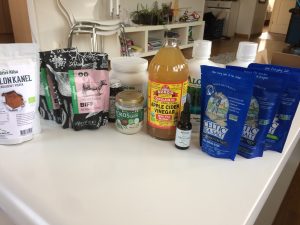 Jag har fått många frågor kring mina egna åsikter om tillskott etc efter de mycket populära poddarna med Morley Robbins (218-221 https://4health.se/category/podcast)
Jag har fått många frågor kring mina egna åsikter om tillskott etc efter de mycket populära poddarna med Morley Robbins (218-221 https://4health.se/category/podcast)
Generellt kan jag säga att jag håller med om det mesta Morley säger, men drar det inte lika långt/hårt som han gör.
Jag tycker att en av de viktigaste sakerna att ta med sig är skillnaden mellan studier på intag och/eller blodnivåer av ett visst näringsämne i förhållande till intag av kosttillskott. Det jag menar är att många studier görs på kopplingen mellan hälsa och blodnivåer av D-vitamin, och sen väljer en del att tolka det som att det är samma sak som att D-vitamintillskott är bra. Det är det inte. D-vitaminet i blodet beror kanske på naturligt intag från tex fet fisk och solljus. På samma sätt är det med kalcium. Man har visat att de som får i sig kalcium i kosten på en del sätt håller sig friskare, men de som får i sig kalcium från tillskott är på vissa sätt sjukare…
Det roliga var att medan jag satt och funderade på att jag skulle skriva om det här så trillade det in ett mail från Chris Kresser som sammanfattar det på ett sätt som ligger väldigt nära mina egna tankar på området. (Just Chris Kresser har jag flera gånger sett skriva om ämnen på ett sätt jag själv skulle ha gjort det).
Det handlar om att det är bra att så långt som möjligt få näringen från mat. Maten komme med näringsämnen i balans och innehåller viktiga kofaktorer och enzymer för att ta upp näringen.
Det handlar om att tillskott ibland kan vara nödvändigt ändå, men att beredningsformerna av näringsämnet är mycket viktiga.
Chris Kresser skriver:
“I’m a huge believer in getting our nutrients from food—rather than supplements—as much as possible.
Foods contain not only the nutrients themselves but also cofactors and enzymes that are required to absorb those nutrients.
And while supplemental nutrients can substitute for food-based nutrients in some cases, in others they don’t have the same impact on the body.
For example, calcium in food has been shown to improve bone health and reduce the risk of cardiovascular and kidney disease. But supplemental calcium doesn’t have these benefits.
In fact, calcium supplements not only fail to improve bone health, but they’ve also been shown to increase the risk of heart attack by as much as 31 percent, stroke by 20 percent, and deaths from all causes by 9 percent.
The differing effects of supplemental vs. food-based nutrients on our physiology might explain why many studies examining the effects of multivitamins and other supplements have been concerning.
The latest of these studies was published in the Annals of Internal Medicine. It found that taking supplements didn’t reduce the risk of death or disease, but getting adequate vitamin A, vitamin K, magnesium, zinc, and copper in the diet was associated with reduced deaths from cardiovascular disease and all causes. (They also found, again, that excess calcium from supplements was associated with a higher risk of death, in this case from cancer.)
Does this mean that we should never take supplements?
No. But it does mean that we should be selective about what supplements we take.
It also means that we should take supplements in a form that is as close to food as possible.
For example, the only form of supplemental calcium I recommend to my patients is bone meal from pasture-raised, organic animals. Bone meal is assimilated and absorbed in a way similar to that of calcium in the diet, and it also mimics the way that our ancestors likely got most of their calcium (especially before humans started to consume dairy products).
Other examples are cod liver oil and desiccated organ meat supplements. Cod liver oil is simply the oil from pressed fish livers. It’s rich in naturally occurring retinol and vitamin D, as well as long-chain omega-3 fatty acids.
Desiccated organ meat supplements are simply dried organ meats put into a capsule. They are not only rich in vitamins A and D, but also in choline, copper, zinc, folate, and B12—all nutrients that many Americans don’t get enough of.
Most importantly, cod liver oil and desiccated organ supplements contain food-based forms of these crucial nutrients, which means they are safer and more effective than synthetic, isolated nutrients.
In fact, I don’t really think of them as supplements at all—I think of them as superfoods.
That’s why they’re among the only “supplements” that I typically recommend that people take on an ongoing basis.
Not all supplements are created equal!
Some can harm, and others can heal.”

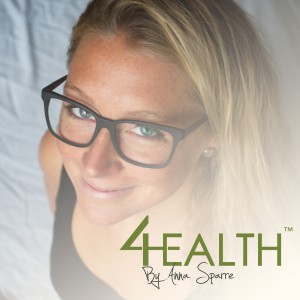
 Genom vanlig mat och dryck kan en person få i sig så mycket som fem gram plast i veckan, vilket motsvarar vikten på ett vanligt kreditkort. Det mesta av plasten kommer från vattnet vi dricker. Detta visar en ny australisk forskningsammanställning som gjorts på uppdrag av Världsnaturfonden, WWF. Siffran på fem gram, som är ett globalt snitt, har tagits fram genom att sammanställa resultatet av 52 redan publicerade vetenskapliga studier om människors intag av plast.
Genom vanlig mat och dryck kan en person få i sig så mycket som fem gram plast i veckan, vilket motsvarar vikten på ett vanligt kreditkort. Det mesta av plasten kommer från vattnet vi dricker. Detta visar en ny australisk forskningsammanställning som gjorts på uppdrag av Världsnaturfonden, WWF. Siffran på fem gram, som är ett globalt snitt, har tagits fram genom att sammanställa resultatet av 52 redan publicerade vetenskapliga studier om människors intag av plast.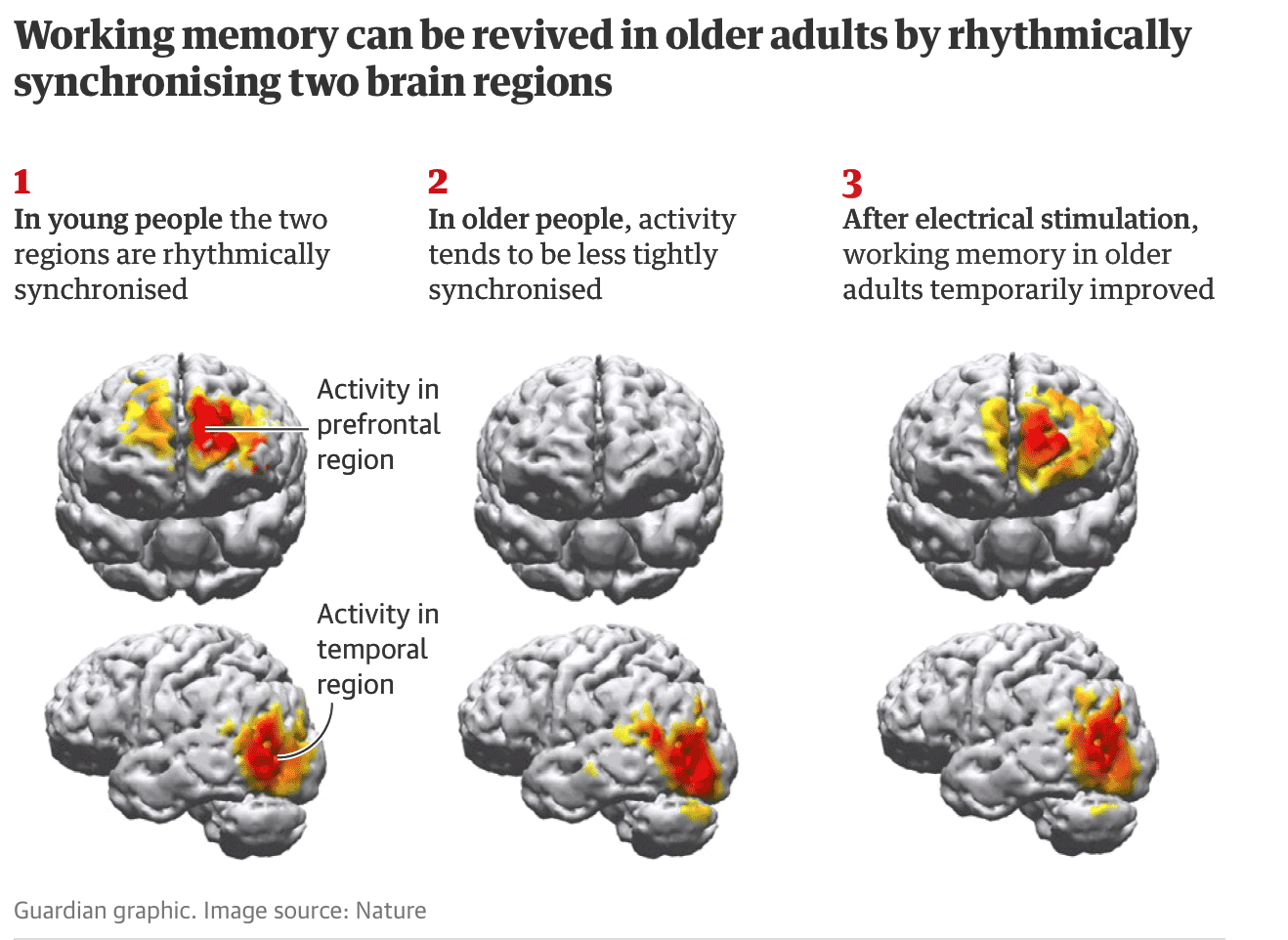
 (In Swedish below/ På svenska längst ner i inlägget)
(In Swedish below/ På svenska längst ner i inlägget)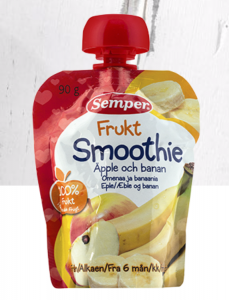 I en artikel från tyska läkare publicerad i Molecular and Cellular Pediatrics (och pubmed) avråds föräldrar att ge sina barn så kallade klämmisar. De har en hög koncentration av energi som i huvudsak kommer från socker. Och barnen missar det viktiga tuggandet, samt att lära sig att äta mat med olika konsistens. Det här kan i sin tur påverka allt från framtida matintag, till käkpartiets utveckling och förmåga att andas korrekt (min kommentar).
I en artikel från tyska läkare publicerad i Molecular and Cellular Pediatrics (och pubmed) avråds föräldrar att ge sina barn så kallade klämmisar. De har en hög koncentration av energi som i huvudsak kommer från socker. Och barnen missar det viktiga tuggandet, samt att lära sig att äta mat med olika konsistens. Det här kan i sin tur påverka allt från framtida matintag, till käkpartiets utveckling och förmåga att andas korrekt (min kommentar). Relativt ny forskning visar hur sömnens djup kan påverka vår hjärnas förmåga att effektivt städa bort avfall och toxiner. Eftersom sömn ofta blir allt lättare och mer störd när vi blir äldre, stärker forskningen kopplingarna mellan åldrande, sömnlöshet och ökad risk för Alzheimers sjukdom.
Relativt ny forskning visar hur sömnens djup kan påverka vår hjärnas förmåga att effektivt städa bort avfall och toxiner. Eftersom sömn ofta blir allt lättare och mer störd när vi blir äldre, stärker forskningen kopplingarna mellan åldrande, sömnlöshet och ökad risk för Alzheimers sjukdom.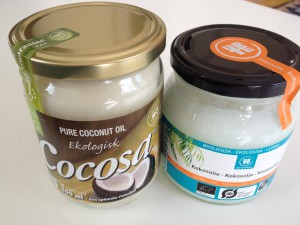 Försämrad glukosmetabolism i hjärnan, amyloida plack och celldöd är saker associerade med sjukdomspatologin i Alzheimers.
Försämrad glukosmetabolism i hjärnan, amyloida plack och celldöd är saker associerade med sjukdomspatologin i Alzheimers. Apropå ett av de populäraste och nyaste podcastavsnitten där vi pratar om hur nödvändigt magnesium är i nästan alla kroppens funktioner.
Apropå ett av de populäraste och nyaste podcastavsnitten där vi pratar om hur nödvändigt magnesium är i nästan alla kroppens funktioner. 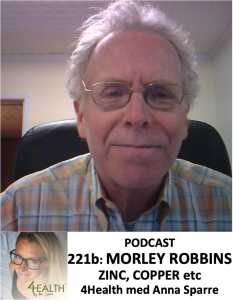 About zinc, stress, the thyroid and much more. An interview with the extremely popular but also controversial Morley Robbins.
About zinc, stress, the thyroid and much more. An interview with the extremely popular but also controversial Morley Robbins.
Senaste kommentarer